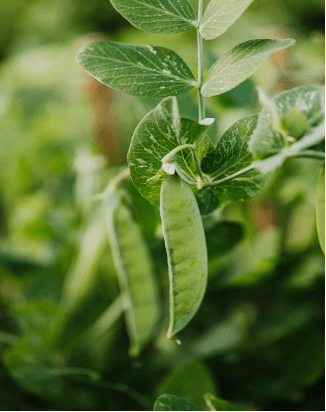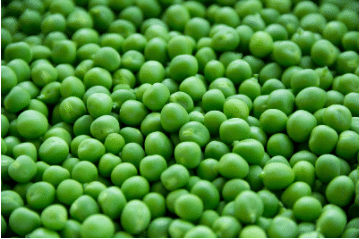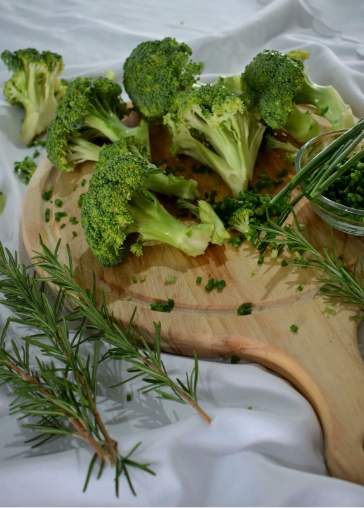Introduction
The pea is the fruit of the pod. The seedpod of Pisum sativum is a little spherical seed. Peas can be green or yellow, and each pod contains numerous peas. Pea pods are considered fruit by botanists because they contain seeds and grow from the ovaries of a (pea) flower.
About
Peas are one-year-old plants. They are a cool-season crop that is grown in many regions of the world, with planting ranging from winter to early summer depending on locale. Peas weigh between 0.1 and 0.36 grammes on average. Variants of the species popularly known as field peas are produced to produce dry peas shelled from a matured pod, and immature peas are eaten as a vegetable, fresh, frozen, or canned. These are the ingredients of pease porridge and pea soup, both mediaeval mainstays; in Europe, eating fresh immature green peas was an early modern culinary invention.
Peas have eight health benefits that you may not be aware of:
- Helps in Digestion
Peas have a lot of health benefits. Pods have a high fibre content, which aids digestion. Fibre bulks up the stool, resulting in more regular bowel movements. Salads, sides, stews, and curries are all good places to put them.
- Iron-rich food
Iron is abundant in peas. Anaemia is most commonly caused by an iron shortage. If you don’t get enough iron, your body won’t be able to generate enough healthy oxygen-carrying red blood cells, resulting in a lack of haemoglobin. Iron is a mineral that aids in the fight against weariness and provides strength.
- Immunity Booster
Vitamin C-rich peas are one of the finest foods for boosting immunity. Phytoalexins, an antioxidant found in peas, especially pea shoots, can suppress H.Pylori, the bacterium that causes stomach and duodenal ulcers as well as stomach cancer.
- Eye health is improved
Peas are good for your eyes as well. The carotenoid lutein is abundant in peas. Lutein has been shown to lower the risk of cataracts and macular degeneration, which causes vision loss in the elderly. Peas have been shown to improve vision.
- Heart-friendly
Peas are high in insoluble fibre, which helps to lower the risk of heart disease and stroke. Peas also contribute to the body’s ability to maintain a constant blood sugar level. Are you still looking for a cause to include in your diet?
- Loss of Weight
Peas that are small enough to eat might also help you lose weight quickly. When compared to heavier legumes like beans and cowpeas, peas have a low fat content and a low calorie content. Only 81 calories are in 100 grammes of peas. Weight loss is also aided by the high fibre content of the diet. Fibre aids in the induction of satiety, preventing you from overindulging in other foods.
- Skin-beneficial
Peas are high in Vitamin C, which is necessary for collagen synthesis. Collagen contributes to the firmness and radiance of the skin. Vitamin C also guards cells against free radical damage. Free radicals cause oxidative damage, which antioxidants aid in combat. Flavonoids, catechin, epicatechin, carotenoid, and alpha carotene, as well as other antioxidants found in it, aid to prevent indications of ageing.
Conclusion
Vitamins C and E, zinc, and other antioxidants are abundant in peas, all of which aid in immune system support. Vitamins A and B, for example, can help reduce inflammation and lessen your risk of chronic diseases like diabetes, heart disease, and arthritis. Peas should be a part of everyone’s diet if they want to stay healthy. Nowadays, we have so many options for a healthy diet plan, but when it comes to deciding whether to skip peas or include them in your diet, the above list of benefits proves that you should absolutely include them.






